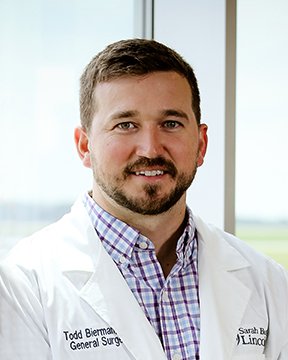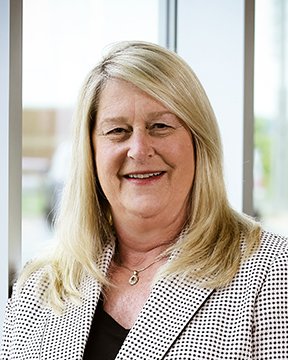Bariatric Program
If you have struggled with weight loss your whole life, you know how easy it is to feel powerless. But you are strong. And now is the time to prove it.
Obesity is a chronic and progressive disease that can affect multiple organs in the body. People with clinically severe obesity are at a greater medical risk for serious health conditions or premature death. The good news is that significant weight loss can improve these conditions or reverse them completely. Not to mention feeling a whole lot better about yourself.
SBL Bariatric Program
Our comprehensive weight-loss program offers options based on individual needs combined with local, ongoing support. They include:
- medically supervised exercise and nutrition counseling
- prescribed medication that encourages weight loss
- bariatric surgery (sleeve gastrectomy)
Our Team of Experts
Learn more about each of our providers by clicking on their photos.
 Joan Alvarado, MD Joan Alvarado, MD
Medical provider specializing in obesity and weight loss |
 Todd Bierman, MD Todd Bierman, MD
Surgeon specifically trained in laparoscopic sleeve gastrectomy |
 Andrew McDevitt, APRN Andrew McDevitt, APRN
Medical provider specializing in obesity and weight loss |
 Michelle Schultz, RD Michelle Schultz, RD
Registered dietitian provides nutritional counseling |
 Beth Jensen Beth Jensen
Physical Therapist to help improve mobility |
 Kendra Cole, LCSW Kendra Cole, LCSW
Mental health counselor to help overcome emotional hurdles and roadblocks |
|
|
Surgical Options
The SBL Bariatric Program offers the laparoscopic sleeve gastrectomy in which the stomach is restricted by stapling and dividing it vertically. The portion of the stomach that receives food is shaped like a very thin banana or sleeve.
Criteria for people considering surgery for obesity or bariatric surgery often includes having a body mass index, or BMI, of 40 or greater. A BMI of 40 translates to about 100 pounds over ideal body weight for men or 80 pounds over ideal weight for women.
Weight loss surgery may also be an option for people with a BMI of 35 or greater who suffer from progressive life-threatening obesity-related health problems such as diabetes, heart disease and other illnesses.
Continued Success After Surgery
Like any treatment, success depends in large part on knowledge, personal motivation and behavior.
When committed to eating a healthy diet and regular exercise, people have the best long-term results. Surgery provides the tools to assist with weight loss, but people must be committed to making the emotional and physical changes necessary after the weight loss surgery to have long-term weight maintenance.
Lack of exercise, poorly balanced meals, constant grazing, eating processed carbohydrates and drinking carbonated beverages are some of the common reasons for weight regain. Good habits take time to develop, that’s why this program includes a registered dietitian, fitness coach, physical therapists and mental health counselor who are key partners of the SBL Bariatric Program.
For more information about the SBL Bariatric Program, call the Medical Clinic at the Center for Healthy Living at 217-238-4961.
Support Group and Newsletter
The Bariatric Support Group is open to anyone in the program. Meetings take place from 6 to 7 pm, at the Center for Healthy Living conference room, on the third Tuesday of each month, either in person or via Zoom. Call 217-238-4961 for more information. The Bariatric Scoop is a monthly newsletter, sent via email to all program participants.
Download the latest newsletter
Previous issues
April 2024
March 2024
February 2024
January 2024
December 2023


